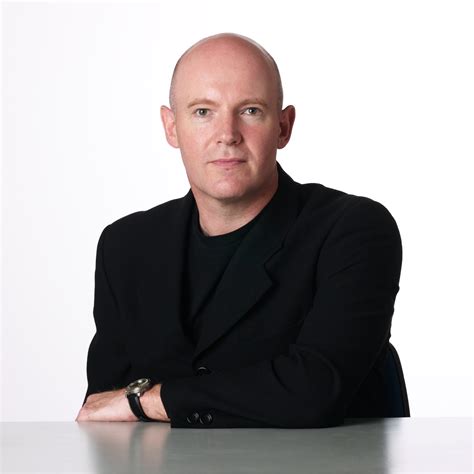A Quote by Julian Treasure
It would be some sort of shock horror story if a child left school unable to read or write. But we do not teach explicitly, or test in the main, either speaking or - much more importantly - listening.
Related Quotes
I write fiction longhand. That's not so much about rejecting technology as being unable to write fiction on a computer for some reason. I don't think I would write it on a typewriter either. I write in a very blind gut instinctive way. It just doesn't feel right. There's a physical connection. And then in nonfiction that's not the case at all. I can't even imagine writing nonfiction by hand.
You need to keep everyone wanting more. Every character has so much depth, and there was so much thought that went into it, but it would've taken away at some point from the main story, and everything I think kind of was woven together really beautifully, so that you cared about everyone, and everyone had their own story, but everything helped the main plotline.
We need to make sure that every child in America goes to a school every day that is safe, will teach them how to read and write, do arithmetic and gain the computer skills necessary to allow them to compete in the global marketplace. If we can get that through the public schools, fine. If we can't, I'm all for parental choice in education to allow that parent to take his/her/their child to a school that is safe and teaches them, even if it is a faith-based school!
I did not always know I would be a writer. Until I had a room of my own, I did not write much at all - no more than any other child who read a lot of books. I began to write fiction and poetry when I first had a room that was truly my own with a door that shut and some measure, however fragile, of privacy.
It's hard to tell if anyone's interested in reading a serialized story. But it's interesting to put in a cliffhanger each week. That was popular in old comic strips. They'd write a weekend story different from the daily strip. So people follow one story day to day, and a separate story on weekends. If you read them, you think "I'll read two more." Then you're like "I gotta find out!" And you read 500 more.
I had a lot of great lakes of ignorance that I was up against, I would write what I knew in almost like islands that were rising up out of the oceans. Then I would take time off and read, sometimes for months, then I would write more of what I knew, and saw what I could see, as much as the story as I could see. And then at a certain point I had to write out what I thought was the plot because it was so hard to keep it all together in my head. And then I started to write in a more linear way.






























